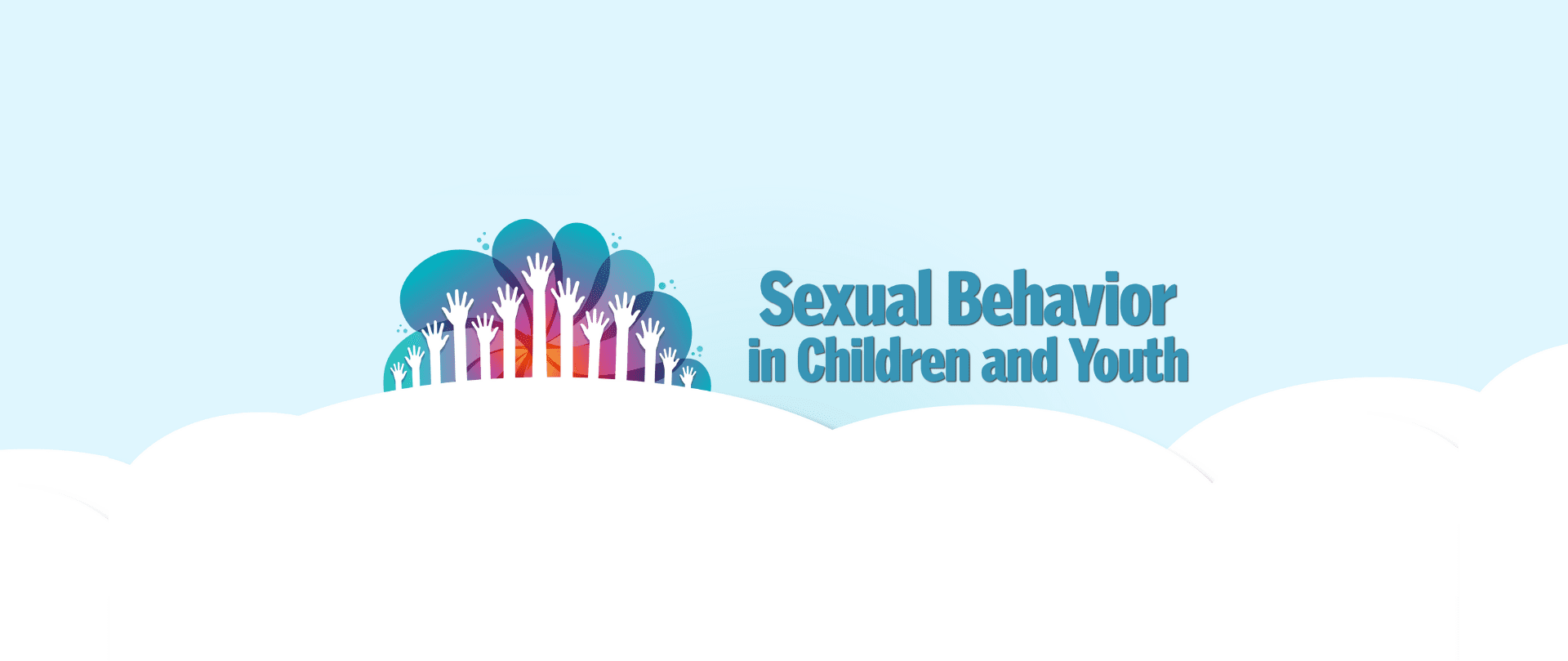On November 3rd, 2020, OneOp hosted our most recent webinar entitled “Problematic Sexual Behavior: The Importance of a Multidisciplinary Evidence-Based Approach.” This webinar was the latest installment within the Sexual Behavior in Children & Youth (SBCY) Series, which has been ongoing since May 2019.
The goals of this webinar were to identify normative vs. cautionary vs. problematic sexual behavior in children and where these behaviors fall on a continuum. This also included going over common misconceptions and what is supported by academic research. Also, we explored strategies that professionals across disciplines can use and implement when working with families impacted by problematic sexual behavior in children and youth.
We were joined in this webinar by Amanda Mitten and Dionna Weixel, who work within the Center on Child Abuse and Neglect (CCAN) of the University of Oklahoma Health Sciences Center. Amanda is a Licensed Professional Counselor and Dionna is a Licensed Marriage and Family Therapist, wherein they both provide their expertise in working with children and families affected by problematic sexual behavior and trauma.
Webinar Highlights
Looking back at this webinar, we wanted to share some of the highlights from this session particularly beneficial for service providers working with children and families. This webinar sheds light on the importance of being aware of possible trauma and problematic sexual behavior occurring in the home and how to help your clients, and yourself, stay resilient.
- This webinar began with an overview of defining typical/normal sexual behavior in children vs. problematic sexual behavior.
- This overview included highlighting characteristics of children with PSB including co-occurring disorders like ADHD, ODD, PTSD, depression, and anxiety.
- The presenters then shared the impact the PSB in children has on the family as a whole, particularly in that the most common occurrence of PSB takes place between children in the same social network including siblings, cousins, and other family members.
- They then talked about the origins of PSB which come manifest from four possible reasons: sexual abuse, family adversity, models of coercion, and individual vulnerabilities.
- Common myths were also dispelled during this webinar, which these myths often isolate and stigmatize the child experiencing PSB.
- Finally, we wrapped up by going over how the clinician can adequately provide services to families experiencing PSB and how to set up appropriate supervision and safety planning within the household.
Archived Viewing and CE Credit Info
If you happened to miss the live webinar, the archived recording is available on the event page here. Free Continuing Education Credits for this event are still available for licensed social workers, professional counselors, case managers, certified family life educators, and family therapists. The CE credits will be available to obtain through November 2022.















